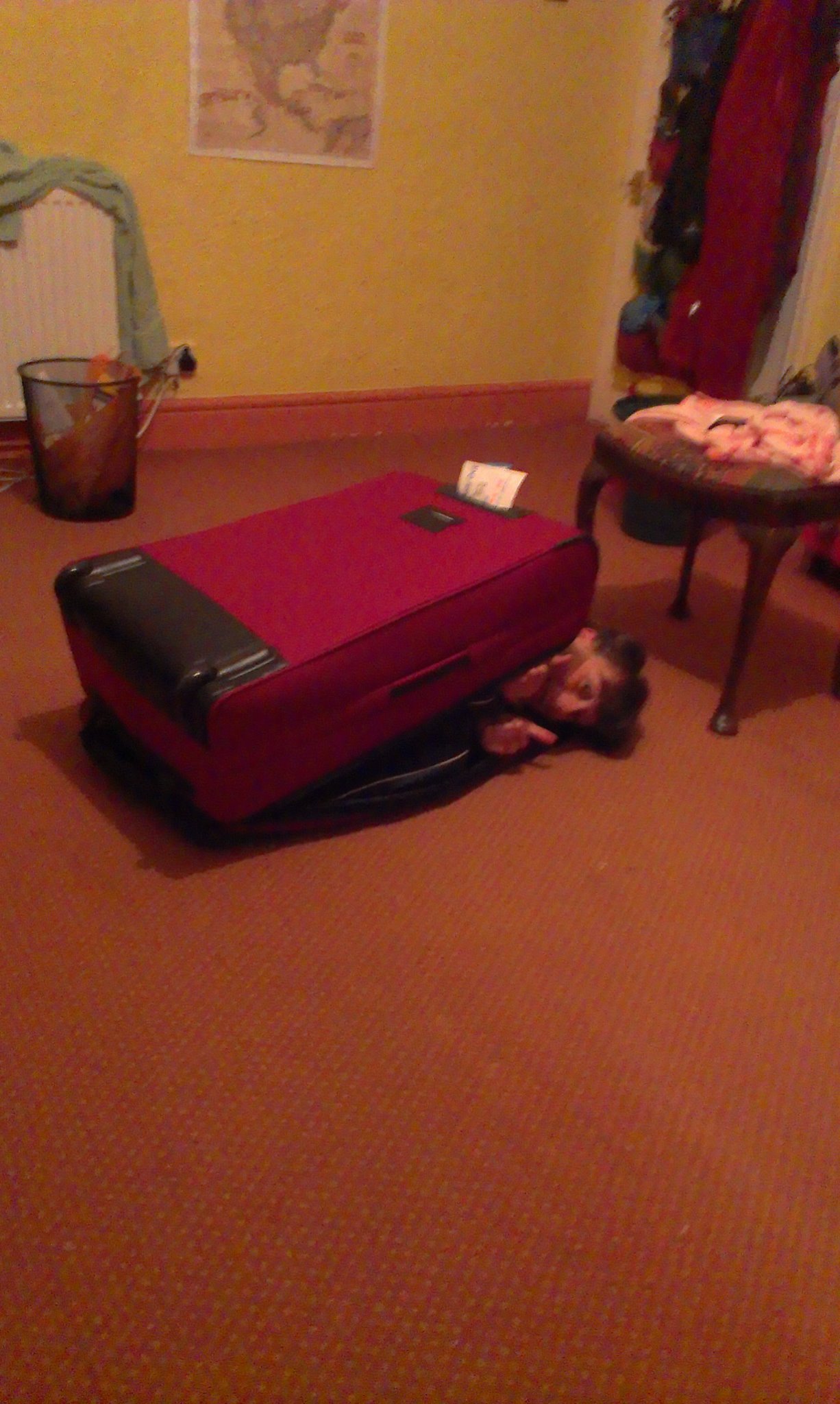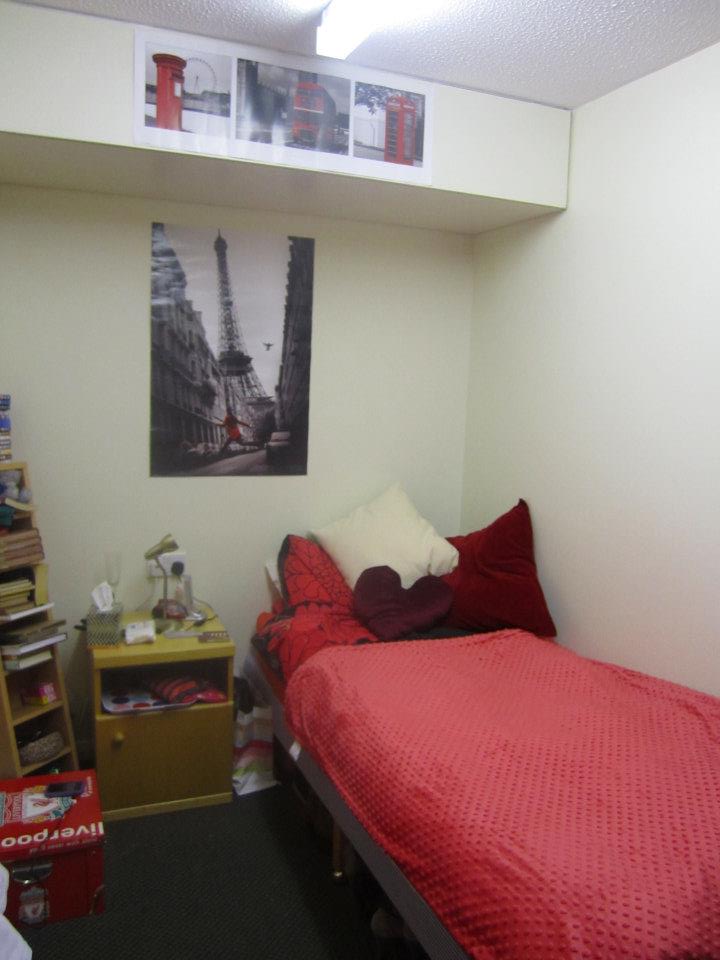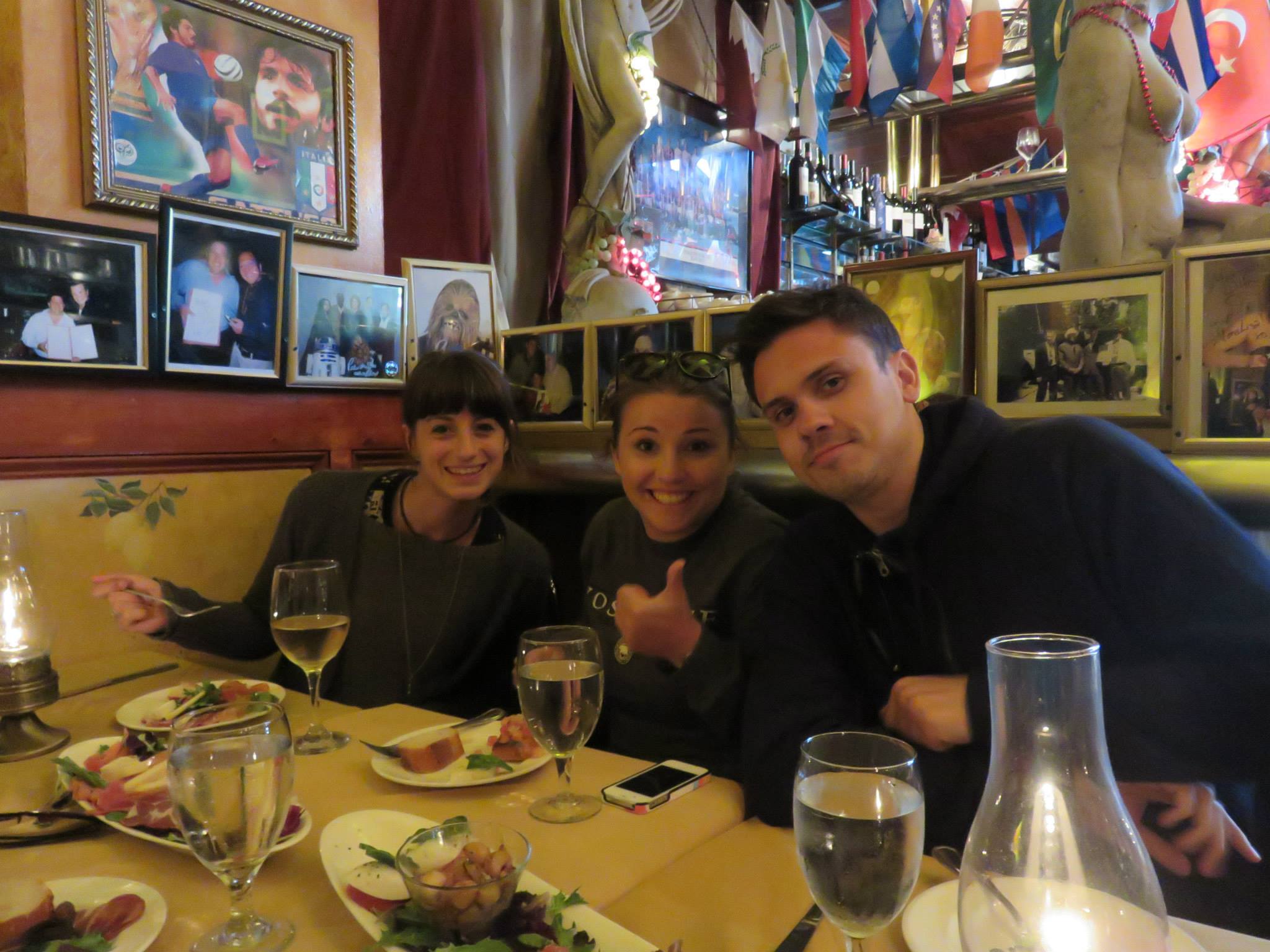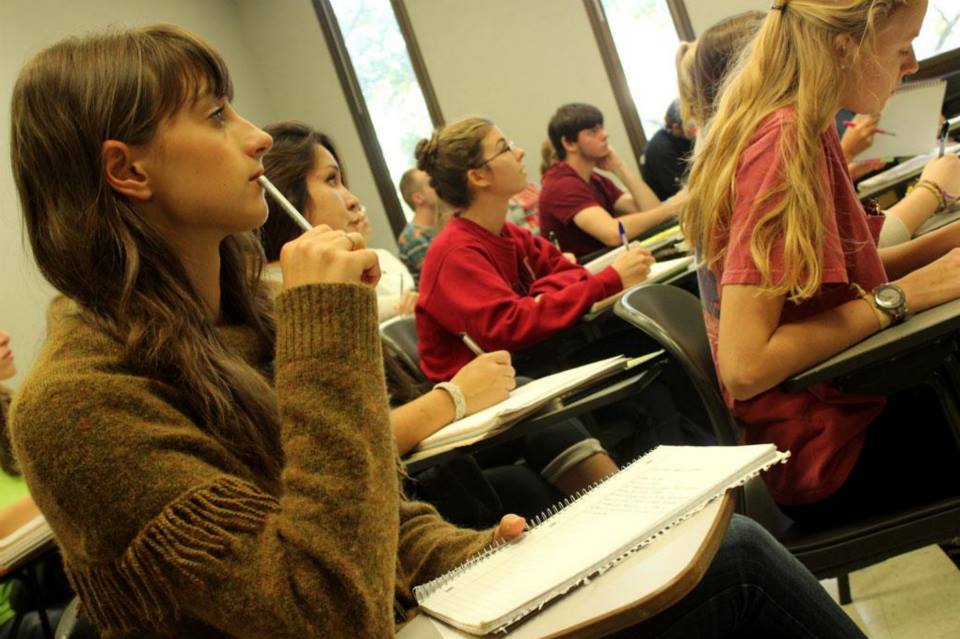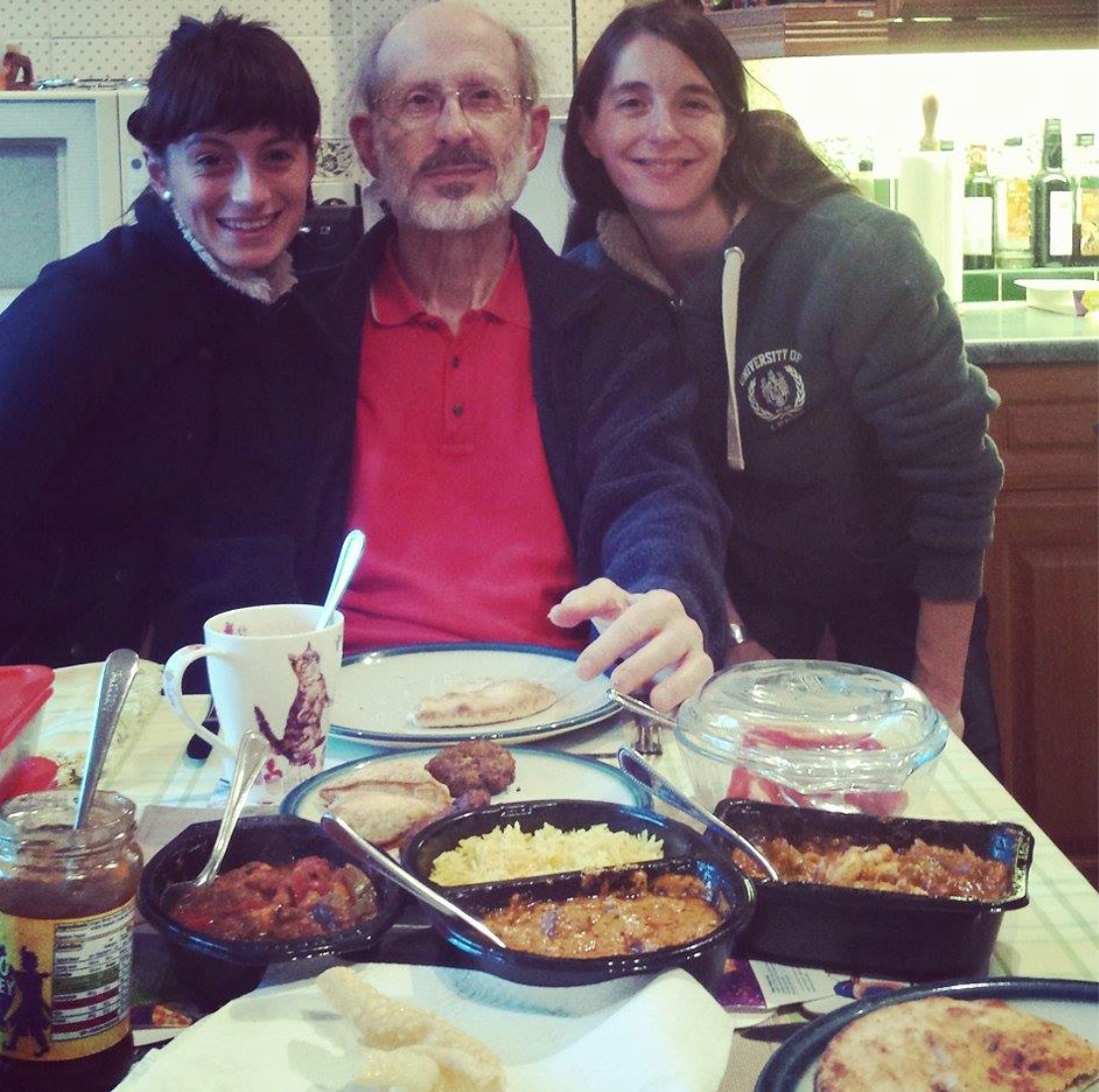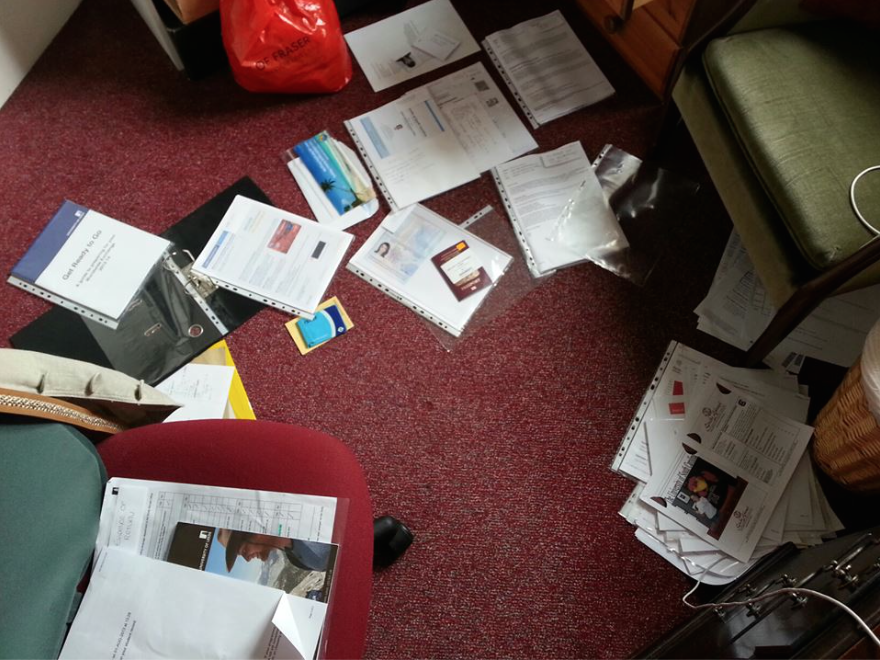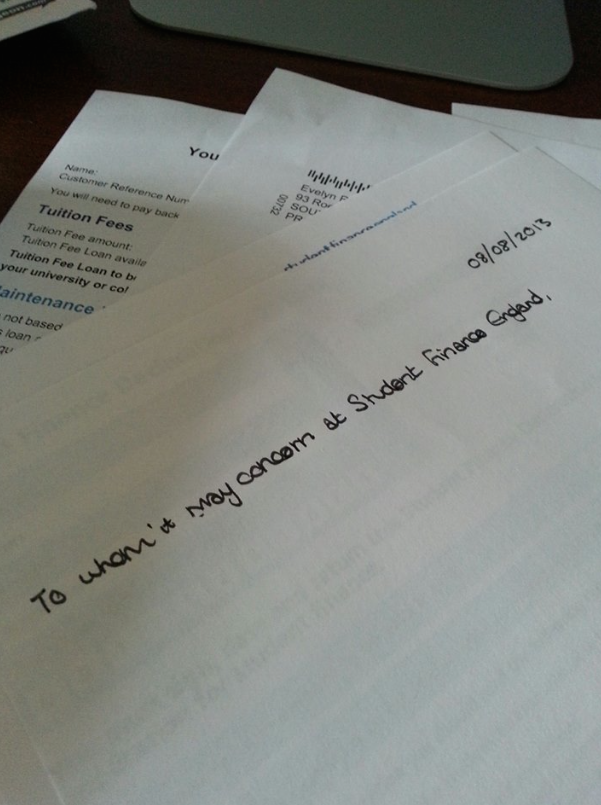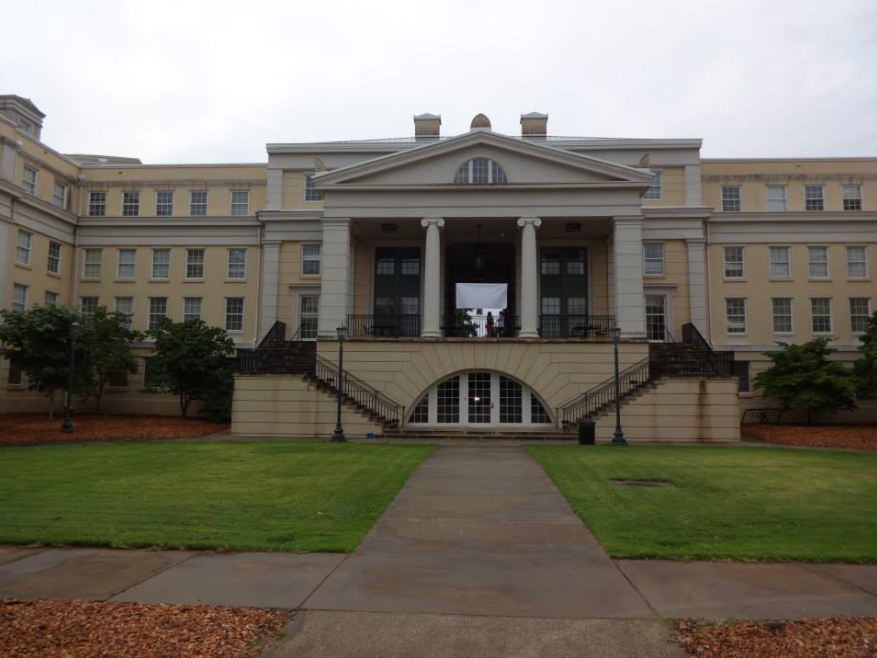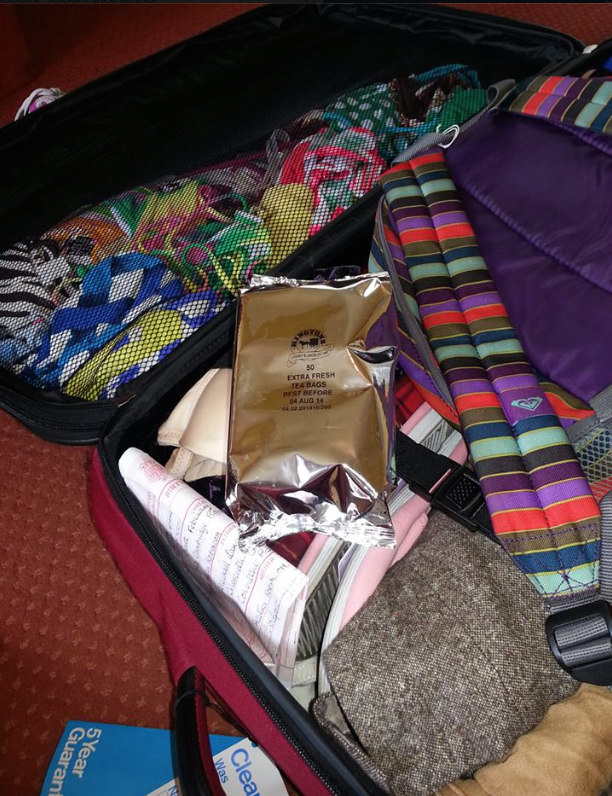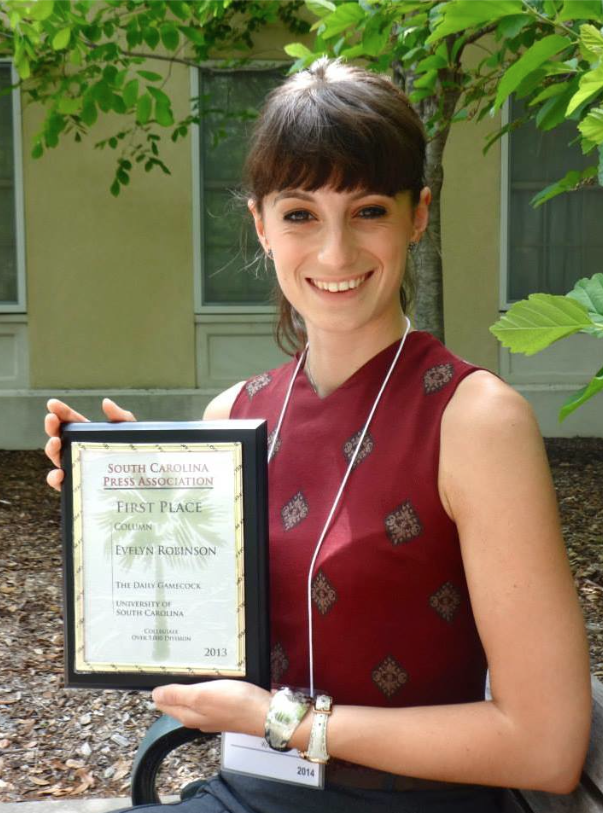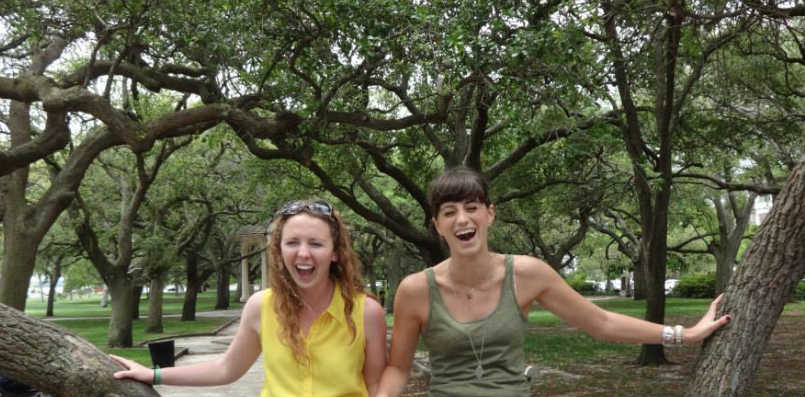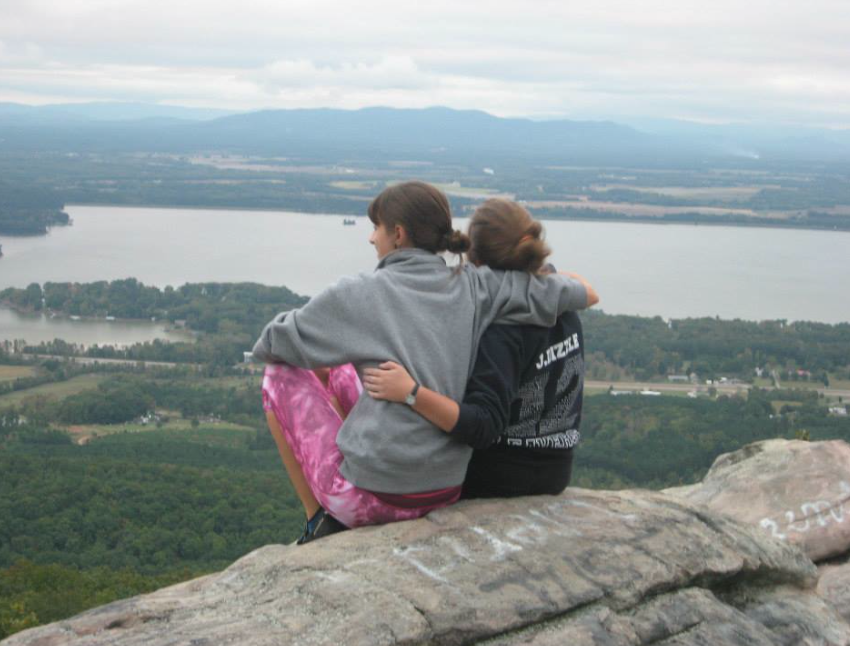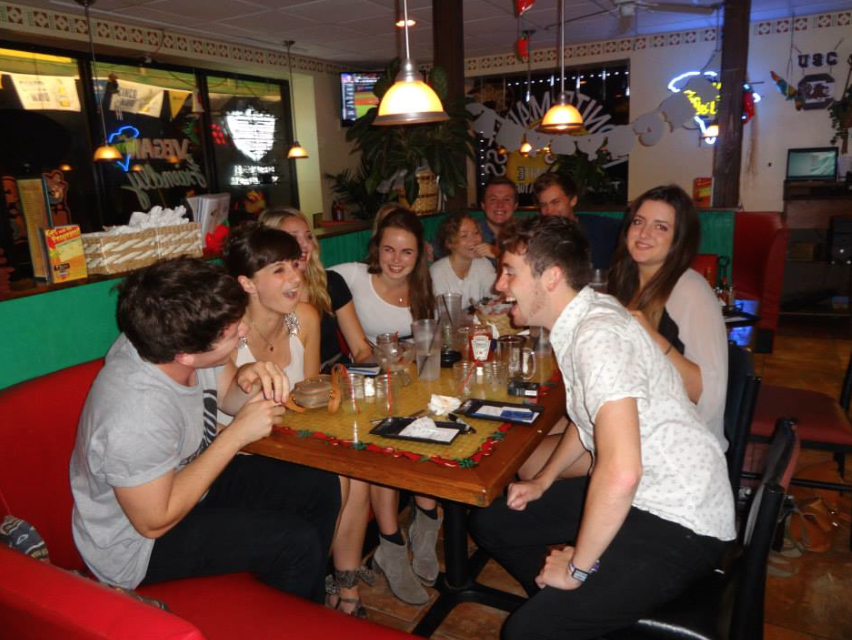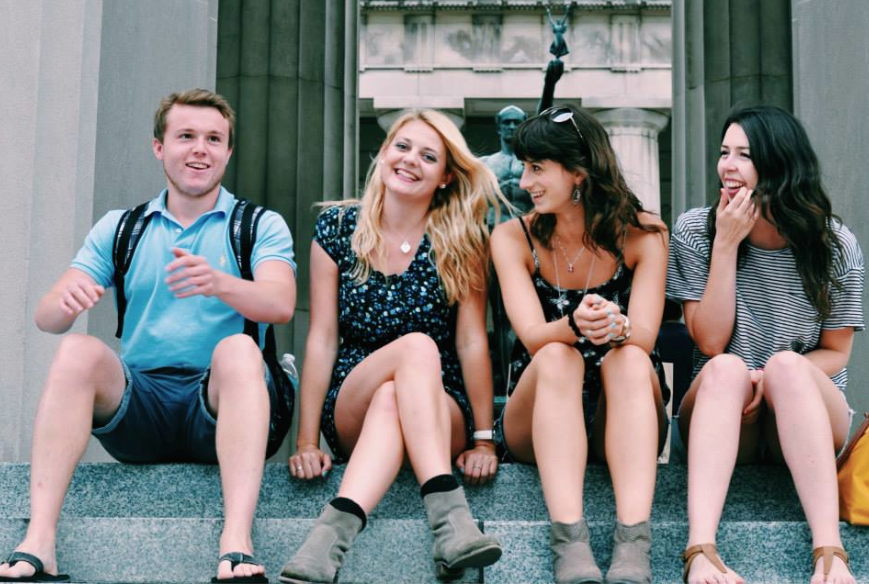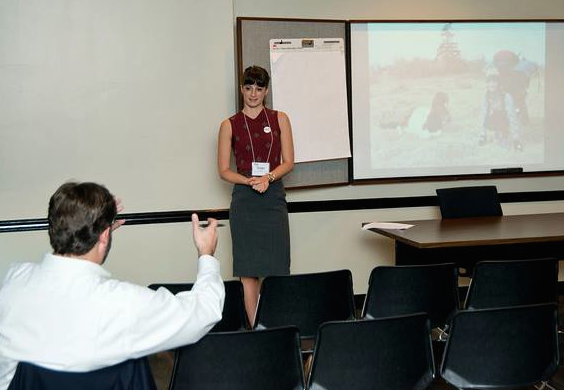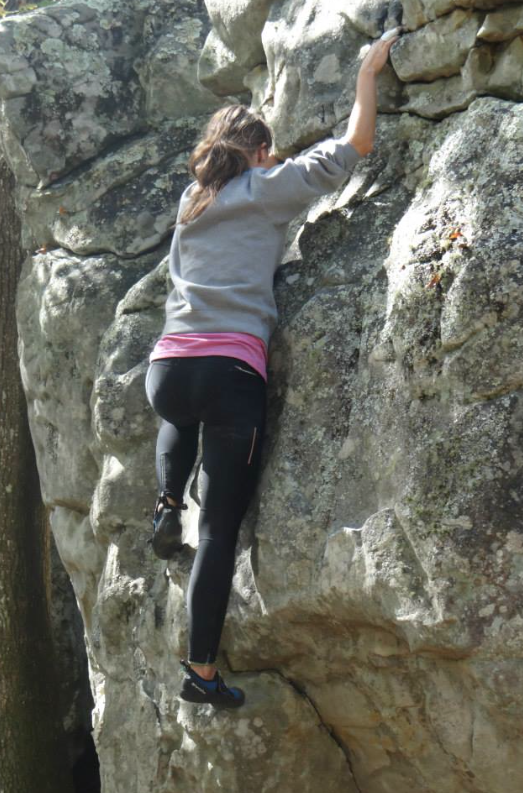Dear my fresher self,
Congratulations for choosing to study English and History, I know that careful decision took a long time. You’ve been accepted at Leeds and secured the accommodation you wanted at Clarence Dock. It must feel like you have everything worked out. That’s nice. Four years later you’ll have an arts degree under your belt yet still no grand life plan. Whatever people tell you, not knowing what you want to do for the rest of your life at 21 really is OK.
Despite choosing a Northern university you will spend most of your degree socialising with Southerners who talk about how great London is. In your final year, you will meet employers at networking events who will tell you about the benefits of moving to London and about how great London is. Be prepared to defend the North, love.
Don’t rush out to buy any of the set texts- especially not from the almighty rip-off that is Blackwells- find the books in the library or get them cheap on amazon.
There was really no need to email your tutor about missing the welcome lecture. Nobody takes attendance there, just a heads up.
Students can be…how should I put it…ruthless individuals. If you are late removing your laundry from the washing machine by even a minute you will find your freshly washed clothes gathering dust on the floor. 
Carnage is the most overpriced, overhyped and despicable sequence of events that could possibly be strung together in exchange for your precious money. It won’t do your bank account, your waistline, your self-esteem or your general well being any good. Please, just, don’t go.
Stop buying new fancy dress items for every fancy dress night out. That’s not what your student loan is for. Geek glasses and some face paint will suffice. 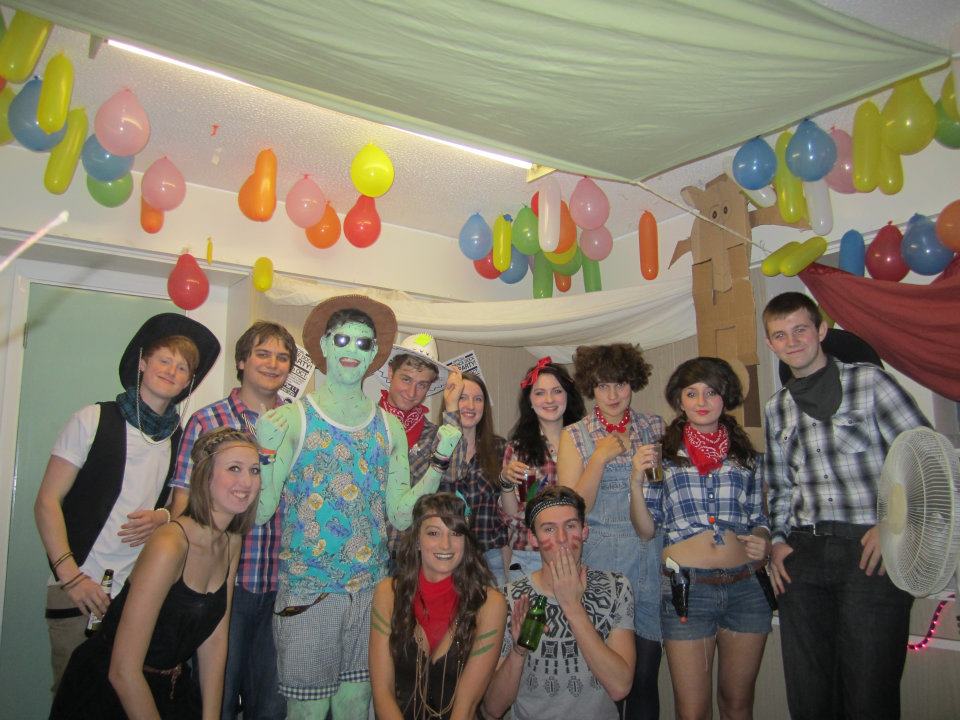
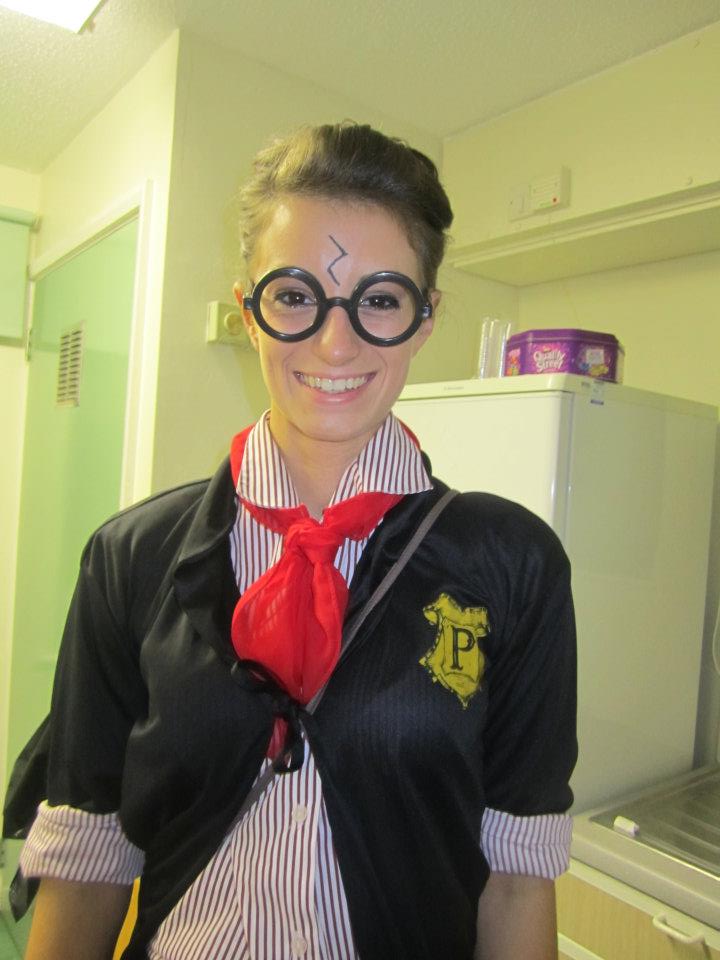
The Hidden Café is not a cutesy little coffee place you discovered by the miracle of getting lost in Freshers’ week. It is the most conspicuous place on campus to take your laptop, eat overpriced lunches and pretend that you are working.
There’s a corridor that connects the Edward Boyle library to the Roger Stevens Building- yes, really. Find it and use it- unless you in fact prefer climbing 10 flights of stairs and arriving at all of your English lectures sweating.
After your first year you’ll go on a life-changing trip to Costa Rica, during which staying in the jungle will make you feel as if you could conquer any living situation life will throw at you. But living in a below average student house with a broken boiler through the winter months in Leeds will make you drastically reconsider that statement. 
During your third year you’ll find yourself in South Carolina, enjoying a whirlwind year of cowboy boots and sweet tea, country music and American football, rock-climbing and travelling all over the US: basically having more fun and learning more life lessons than the rest of your university years combined. You’ll also hear about how great London is from Americans who went there once when they were 12. Savour that year, because time flies faster than a Gamecock when you’re studying abroad. 

Returning to Leeds for a final year spent in the library will feel like the world’s biggest comedown. It is. The study abroad blues never go away, especially when you insist on putting peanut butter and jam on your porridge every morning. Make sure you stick to your hobbies and passions more tightly than ever before during fourth year, as you’ll need them in order to feel like a sane human being who is more than just a degree.
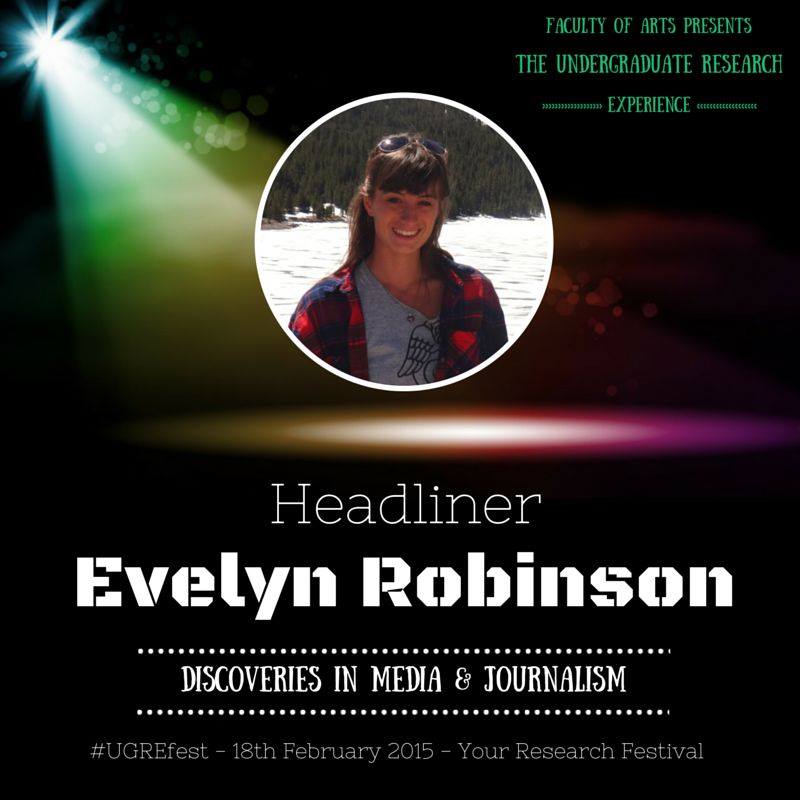
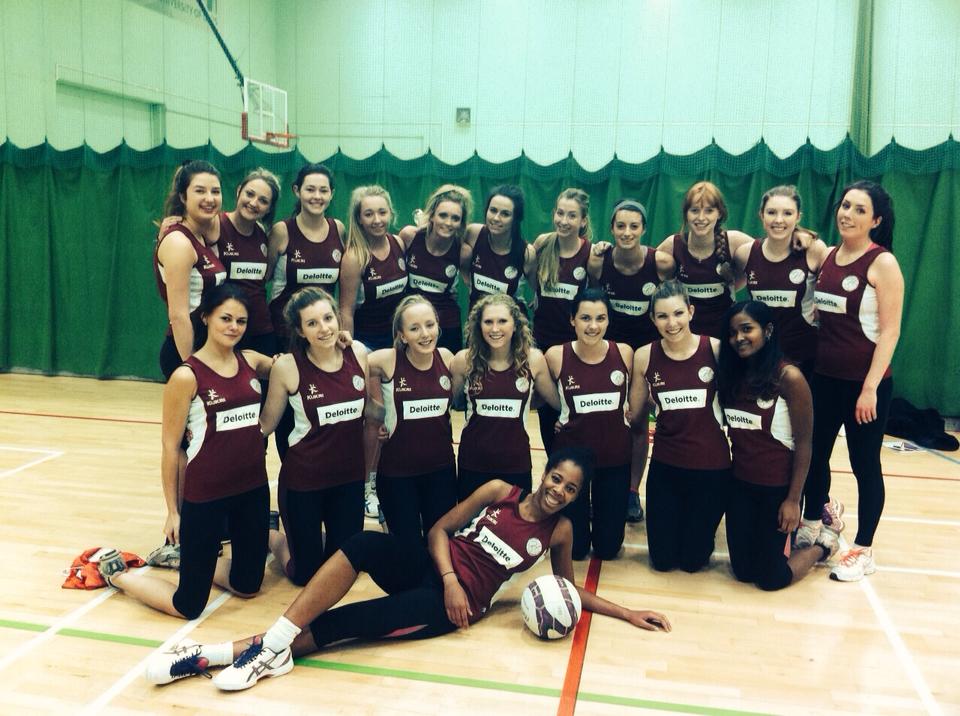
If I had to end with one piece of advice for your impending university experience, it would be to make it yours. Don’t get sucked in to what everyone else might be doing, because comparison kills joy. Don’t compete with anybody but your former self: know your own values, priorities and goals and focus on exceeding those. Student life is your precious time to start figuring out who you’re going to be, so make it yours and get stuck in. 

